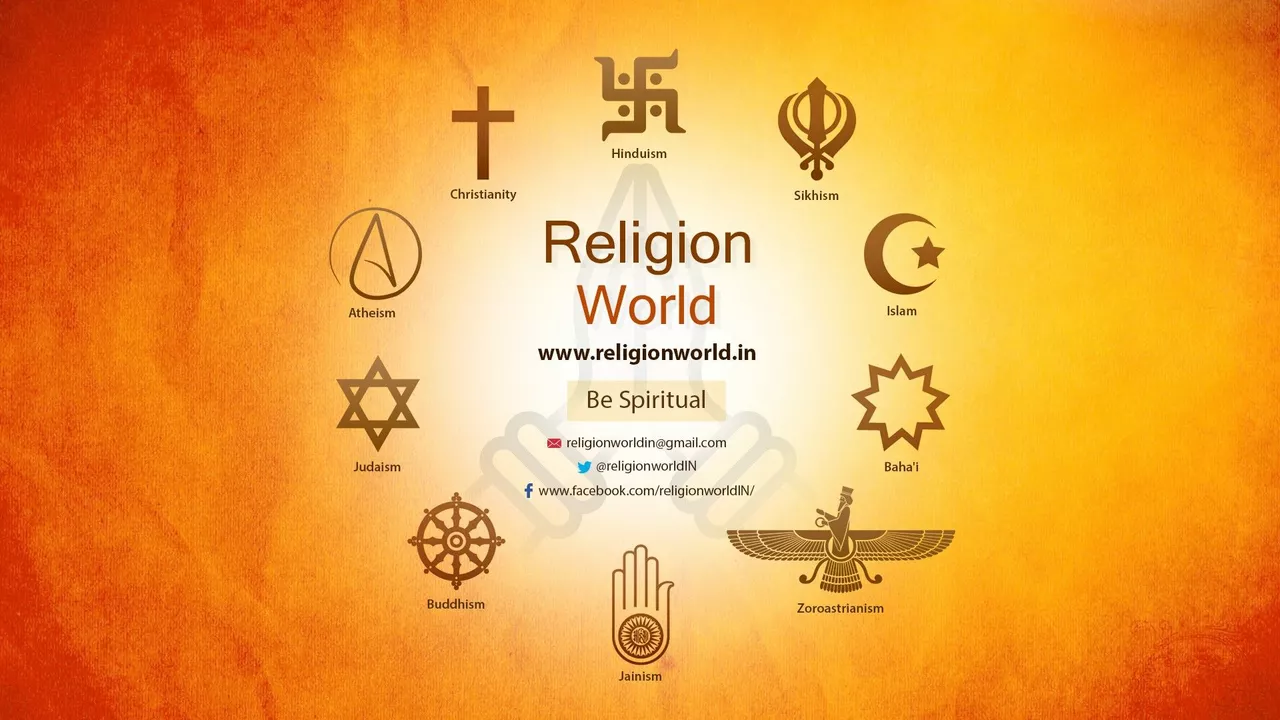Atheism: Clear Answers, Common Questions, and Everyday Tips
Atheism often gets shaped by myths: that it means having no values, being angry at religion, or living without meaning. None of that has to be true. At its core, atheism just means not holding a belief in gods. People arrive there for many reasons — personal reflection, scientific questions, or simply never feeling a religious pull. That’s it. No rituals, no forced label beyond that simple idea.
Knowing what atheism is makes conversations easier. You don't need to be an expert to explain your position. A short, calm sentence like "I don't believe in gods" clears up most confusion and invites a respectful follow-up rather than assumptions.
Common questions people ask
Is atheism a belief system? Not really. Atheism is a position on one question: do gods exist? It doesn't require subscribing to a fixed set of doctrines or rituals. People who are atheists can hold many different views about ethics, politics, or culture.
What's the difference between atheism and agnosticism? Atheism answers the question of belief. Agnosticism answers whether we can know something for sure. You can be an agnostic atheist (don't believe in gods but don't claim absolute proof) or a confident atheist who thinks the evidence points away from gods.
Do atheists have morals? Yes. Moral values come from experience, empathy, social cooperation, and reasoning, not just religious rules. Many people ground ethics in fairness, harm prevention, and practical consequences rather than fixed commandments.
Practical tips for conversations and community
Talking with religious friends or family? Start by listening. Ask about their values, not just doctrine. Share your view briefly and honestly, then shift to shared ground: kindness, responsibility, or what matters in daily life. Avoid trying to "win" debates; real relationships survive questions more than arguments.
Feeling isolated? You don't have to join anything formal. Look for local secular meetups, book groups, or online forums where people discuss ideas casually. Volunteering alongside neighbors is another quick way to build connections without centering belief.
Handling holidays and rituals is practical, not dramatic. Decide ahead of time what you will accept, decline, or modify. Some atheists join family celebrations for the social side while skipping religious parts. Others create new rituals—small traditions that fit their values.
Curiosity helps more than certainty. If someone asks why you don't believe, short answers that explain your thinking are better than long lectures. Mention a concrete reason—like a lack of evidence or a personal journey—and invite questions if you want to continue the discussion.
Atheism looks different for everyone. For some it's a quiet personal stance. For others it's an active part of identity and activism. Either way, clear language, honest boundaries, and shared human values make daily life smoother. Check our tag posts for real reader questions that dig into social media, mental health, and how beliefs show up in everyday choices.
What is it like to be an atheist in India?
Being an atheist in India is like being a vegetarian at a barbecue party - lots of questions, puzzled faces, and a fair share of "but why?" reactions. It's a Bollywood plot twist that leaves everyone at the edge of their seats. From the curious aunties at social gatherings to the intrigued rickshaw-wallahs, everyone has a spicy opinion to serve. There's a sense of camaraderie with fellow atheists, like we're all part of an exclusive club, minus the secret handshake. But hey, it's not all a rollercoaster ride, you do get to skip the long queues at temples!

 Cricket
Cricket